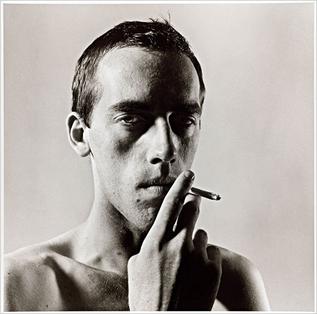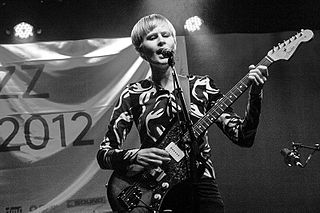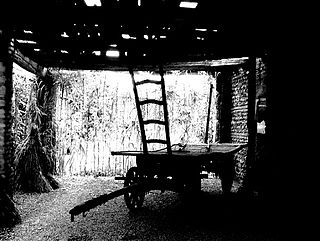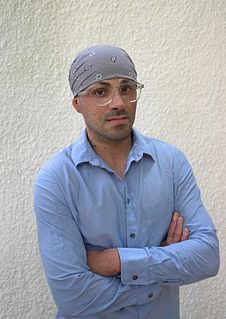A Quote by David Wojnarowicz
... all of my life I've made things that are like fragmented mirrors of what I perceive to be the world. As far as I'm concerned the fact that in 1990 the human body is still a taboo subject is unbelievably ridiculous. What exactly is frightening about the human body?
Related Quotes
... if your heart and your honest body can be controlled by the state, or controlled by community taboo, are you not then, and in that case, no more than a slave ruled by outside force? What tyranny could exceed a tyranny that dictates to the human heart, and that attempts to dictate the public career of an honest human body?
Now take a human body. Why wouldn't you like to see a human body with a curling tail with a crest of ostrich feathers at the end? And with ears shaped like acanthus leaves? It would be ornamental, you know, instead of the stark, bare ugliness we have now. Well, why don't you like the idea? Because it would be useless and pointless. Because the beauty of the human body is that is hasn't a single muscle which doesn't serve its purpose; that there's not a line wasted; that every detail of it fits one idea, the idea of a man and the life of a man.
There is a strange fact about the human mind, a fact that differentiates the mind sharply from the body. The body is limited in ways that the mind is not. One sign of this is that the body does not continue indefinitely to grow in strength and develop in skill and grace. By the time most people are thirty years old, their bodies are as good as they will ever be; in fact, many persons' bodies have begun to deteriorate by that time. But there is no limit to the amount of growth and development that the mind can sustain. The mind does not stop growing at any particular age.
To say that I have found the answer to all riddles of the soul would be inaccurate and presumptuous. But in the knowledge I have developed there must lie the answers to that riddle, to that enigma, to that problem - the human soul - for under my hands and others, was seen the best in man rehabilitated. I discovered that a human being is not his body and demonstrated that through Scientology an individual can attain certainty of his identity apart from that of the body. We cannot deal in the realm of the human soul and ignore the fact.
I appreciate a slight yield, lightness of weight, some motion if possible, because in moving about, the human body determines... the comfort and the measurements of its environment... the human measure is still the strongest factor. But coming back to the chair, there are certain motions we go through - we like to lean back, like to toss things - and if the chair's adaptable it responds and it's almost like wearing a comfortable coat; you really don't know you have it on.
What I found interesting in dance is the idea that my work has always been dealing with the nervousness between the human subject as a subject and the human subject as a form. And if you look at my dance films, there are always these cuts between the dancer as a form, the dancer as a subject, and this kind of very harsh treatment of the dancer as someone who's actually drawing with their body.





































